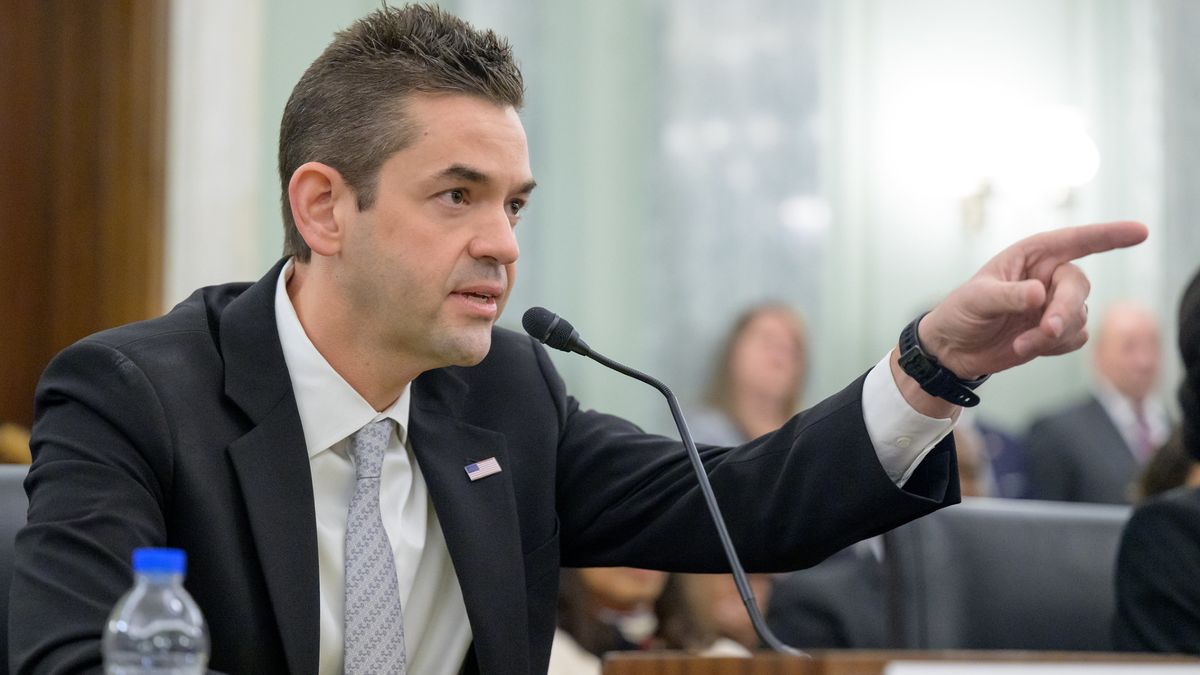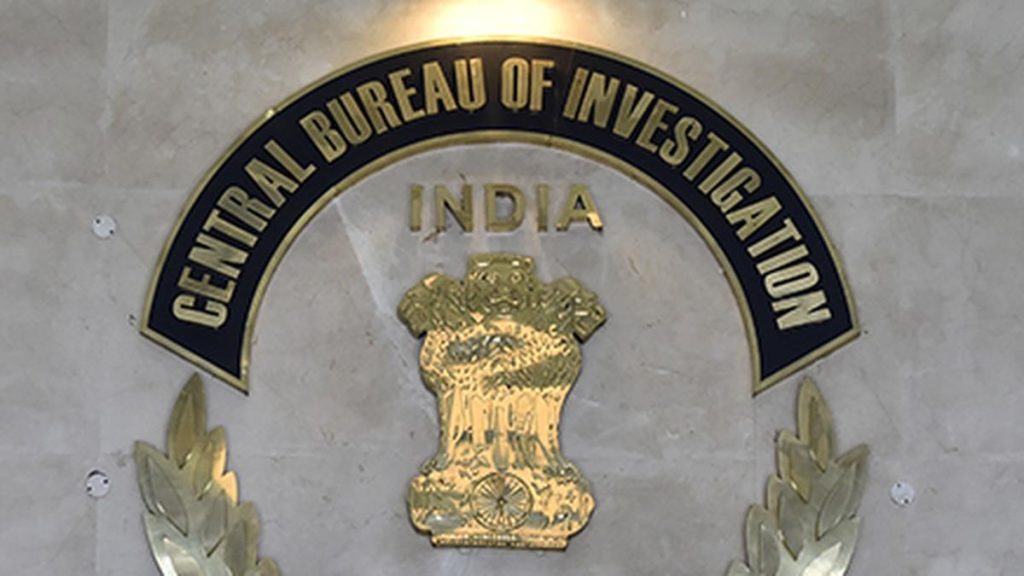Now Reading: Senators Question NASA Chief Nominee Isaacman on Musk Connections
-
01
Senators Question NASA Chief Nominee Isaacman on Musk Connections
Senators Question NASA Chief Nominee Isaacman on Musk Connections

Speedy Summary
- Jared Isaacman, President donald Trump’s nominee for NASA administrator, participated in a Senate hearing on April 9, where he faced intense questioning about his connections to Elon Musk.
- Democratic senators raised concerns about alleged “conflict-of-interest” issues due to Isaacman’s ties to SpaceX and Musk.
- Sen. Ed Markey repeatedly questioned whether Musk was present during a Mar-a-Lago meeting in which trump offered Isaacman the position. Isaacman avoided directly addressing this question but emphasized that his interview was with Trump alone.
- Financial links between Isaacman and SpaceX were highlighted; he funded two major SpaceX missions: Inspiration4 (2021) and Polaris Dawn (2024).
- To address ethics concerns, Isaacman stated that all financial agreements with SpaceX have been terminated, adding that refunded payments covered planned future Polaris program flights.
- In written responses to senators’ queries,Isaacman stressed his interactions with Musk were professional rather than personal and claimed he aims to lead NASA transparently without benefiting any contractors or conflicts of interest.
- Othre topics discussed included concerns about slashing NASA’s science budget by almost 50%, an idea floated by the Trump administration that Isaacman opposed in principle without having seen official proposals.
Images Included:
- Photo of Jared Isaacman during Senate Committee hearing.
- Polaris Dawn mission image showing astronaut silhouetted against Earth.
Indian Opinion Analysis
Isaacman’s nomination as NASA administrator raises pertinent questions around clarity in government appointments involving high-profile private sector players like Elon Musk and companies such as SpaceX-key stakeholders aligned commercially with NASA efforts. While maintaining professionalism is critical for fostering public trust in space exploration leadership, repeated scrutiny regarding potential conflicts of interest could divert focus from strategic priorities like advancing human exploration initiatives.Isaacman’s commitment to sever financial ties suggests awareness of ethical concerns but leaves unresolved skepticism among lawmakers pushing for clarity on indirect influences tied to appointments within government agencies managing multi-billion-dollar budgets strategically linked to innovation engines like private aerospace firms.
as India emerges as a critical player in space exploration itself (e.g., ISRO’s Mars missions), such developments underline the importance of balanced oversight frameworks ensuring both national interest prioritization and collaborations free from vested influences across global aerospace governance models-a growing area requiring nuanced policymaking within India’s own context amidst burgeoning partnerships globally across advanced ecosystems shaping planetary/frontier science directives


























